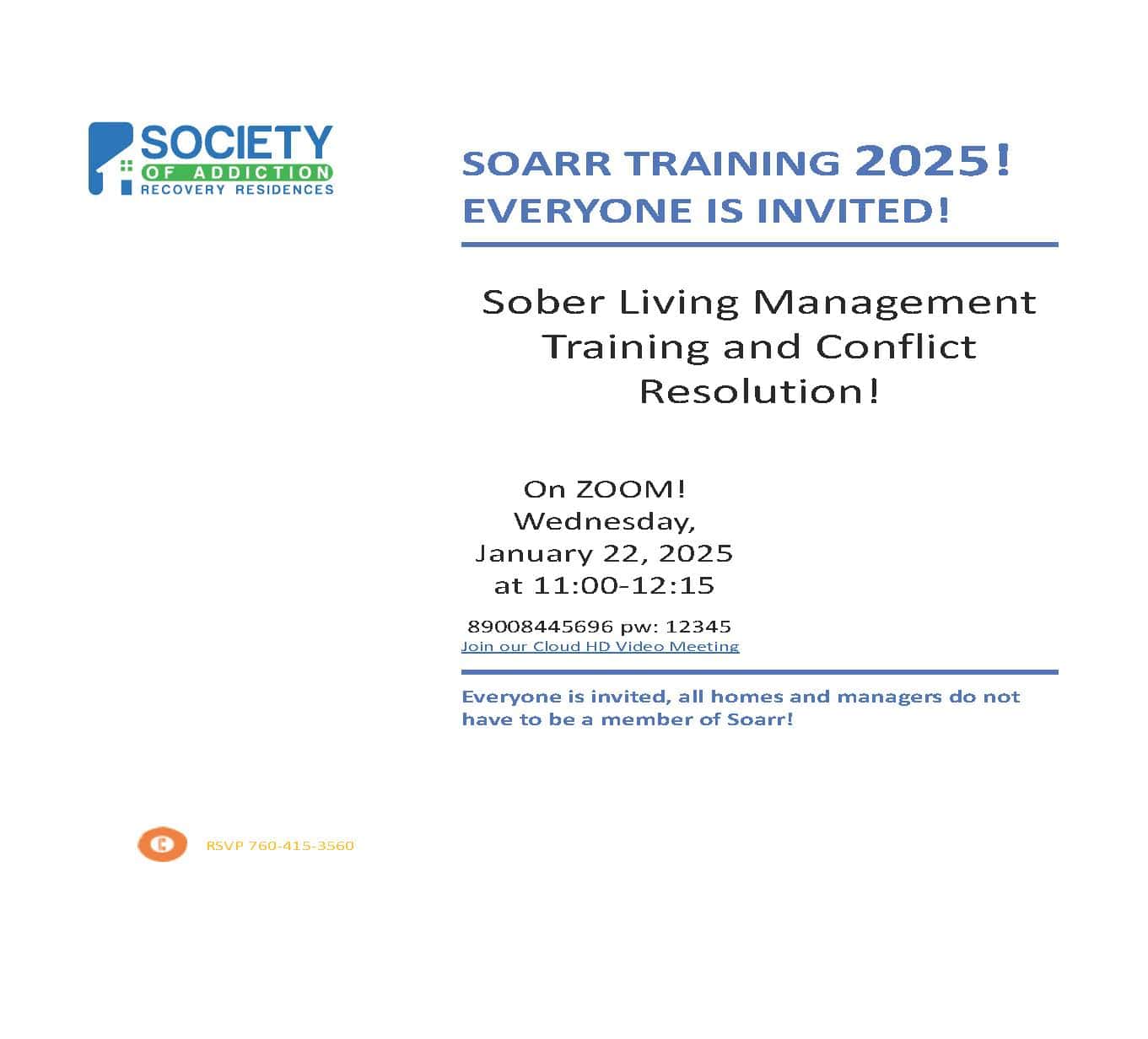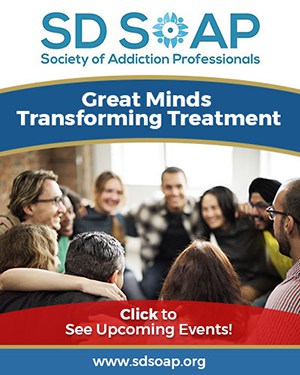Many people who are in recovery also live with other mental health issues. When addiction specialists discuss this topic, they use the term “dual diagnosis” to discuss it. Both substance use disorder and a mental health disorder need to be treated equally when it comes to recovery. It can be tough to heal from a substance use disorder if you live with untreated mental health issues such as bipolar disorder or PTSD.
When a person first gets clean and sober, they go through a lot of emotional changes. Most of these are a normal part of getting clean. However, some symptoms may be extreme, such as anxiety or depression. When a person’s mental health seems to be faltering, they must get help from an expert to begin to recover.
Learning you have a dual diagnosis may be frightening at first. However, it’s the start of a journey where you’ll have treatment that will help you recover and live your best life.
Addiction and Dual Diagnosis: The Connection
According to the National Institute on Drug abuse, nearly half of people who experience a substance use disorder also have a mental health disorder. You’re not alone if you have been diagnosed with a dual diagnosis.
There are many reasons that people who have mental health symptoms end up using drugs or alcohol. Some mental health disorders cause people to be more impulsive or even self-destructive. People also can turn to substances to self-soothe mental health symptoms such as anxiety or depression.
People with mental health disorders are also more likely to have experienced trauma such as abuse or sexual violence.
Getting Help and Healing
Dual diagnosis means that you’ll need to take care of your mental health and your recovery program in sobriety.
Most mental health disorders are chronic, meaning that they are something you may experience throughout your life. That means you need to take care of yourself and take medications or attend therapy to help you cope with the symptoms you may have.
Recovery is a journey, not a destination. There are plenty of people who live with a mental health disorder and recovery from their addiction.
Some people don’t realize that they have mental health symptoms until they have been sober for a while. It’s essential to reach out and get help if you’re struggling with anxiety, depression, or other overwhelming feelings. You’re not alone, and there’s always help available.
Some 12-step groups have meetings that are just for people who have mental health and substance use disorders. Ask around if you’re interested in learning more about these types of meetings.
About SOARR
The Society of Addiction Recovery Residences is an alliance of sober homes and addiction professionals. Together, these homes help people stay sober and set the standards for recovery housing.
To learn more about our organization or find a sober house, call us at 619-828-2001.





